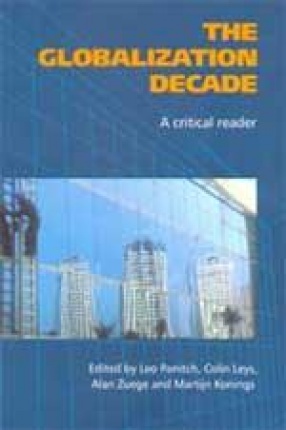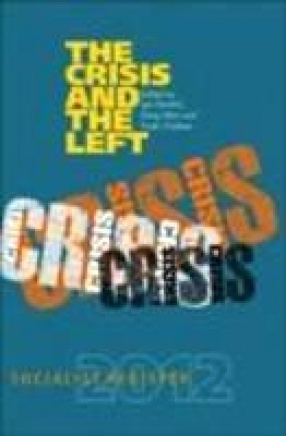Neoliberal globalization was finally consolidated in the 1990s. Understanding how it works and what it threatens for the future has become a crucial necessity, not only in the impoverished ‘South’ but also in the affluent ‘North’. The pathbreaking analyses collected in this book, written as the globalization decade unfolded, grasp the radical nature of globalization in way a mere series of ‘reforms’ but as a worldwide transformation of all aspects of life to conform with capitalism’s ruthless logic. Cutting across academic disciplines, the essays bring out the interconnectedness of globalization’s multiple facets: The world market in capital and the ascendancy of a new financial order; new geographic and pectoral patterns of production, founded on fast-changing technologies; the changing patterns of class, including the implication of workers in the destruction of their own jobs as their pension funds are reinvested; the inequalities and socially catastrophic crises inherent in the neoliberal economic programme; the transformation of states into active agents involved in managing the globalization process, at home and internationally; and the futility of ‘third way’ responses as world-be progressive alternatives. The Globalization Decade challenges conventional wisdom, both right and left. It is not a blueprint for an alternative world order but it shows the principles on which viable alternatives must be based: the restoration of democratic control over investment, and a radically new respect for the limits of the environment.
The Globalization Decade: A Critical Reader
In stock
Free & Quick Delivery Worldwide
Bibliographic information
Title
The Globalization Decade: A Critical Reader
Author
Edition
1st ed.
Publisher
ISBN
8187879696
Length
vi+328p., Tables; Figures; Notes; 25cm.
Subjects










There are no reviews yet.